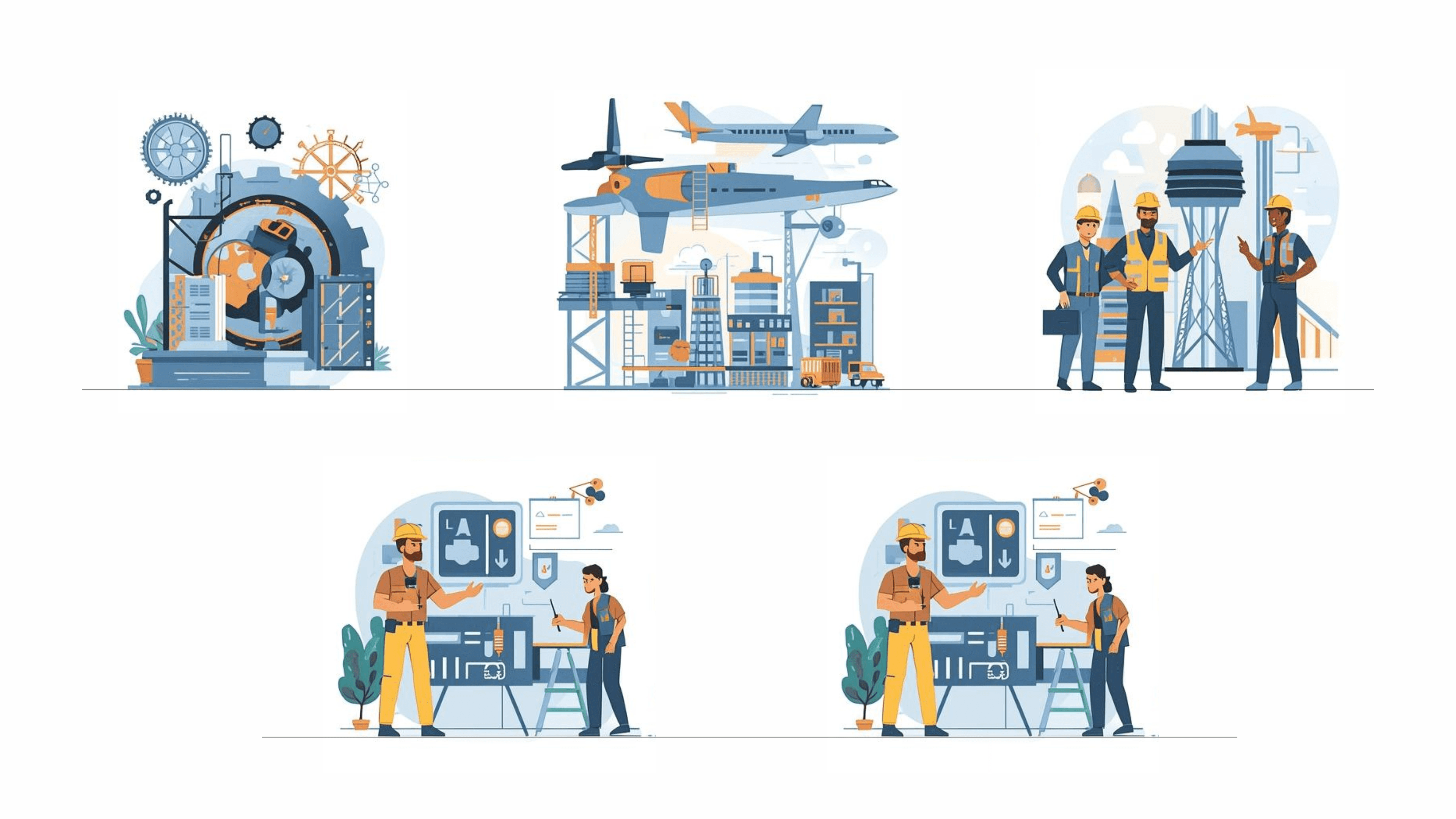
How Skills-Based Hiring Is Transforming Engineering Careers
For decades, engineering careers in the U.S. have been closely tied to academic achievement. A four-year degree, often from a prestigious institution, was considered the golden ticket to success. But in today’s rapidly evolving job market, that narrative is shifting.
Companies are now placing greater emphasis on skills-based hiring, prioritizing proven abilities, certifications, and practical expertise over traditional educational pedigrees.
This shift isn’t just changing how engineers are recruited; it’s redefining what it means to build a successful engineering career in the United States.
What Is Skills-Based Hiring?
Skills-based hiring is a recruitment approach where employers evaluate candidates primarily on their demonstrable skills, technical competencies, and problem-solving abilities rather than solely on their degrees.
Instead of asking, “Where did you graduate?” companies are asking, “Can you do the job? Can you adapt to new challenges?”
This trend is particularly strong in technology-driven industries like engineering, where innovation often outpaces formal academic curricula.
Why the Shift Is Happening
Several factors are driving the rise of skills-based hiring in engineering:
-
Talent Shortages: U.S. companies are struggling to fill critical engineering roles. Expanding the pool by valuing skills over degrees helps bridge the gap.
-
Emerging Technologies: Fields such as AI, robotics, renewable energy, and advanced manufacturing evolve too quickly for degree programs to keep pace. Hands-on training and micro-certifications often provide more up-to-date expertise.
-
Workforce Diversity: Skills-first hiring reduces barriers for capable candidates who may not have access to traditional higher education but bring exceptional technical and problem-solving abilities.
-
ROI for Employers: Hiring based on skills ensures quicker onboarding and productivity, minimizing training costs.
The Impact on Engineering Careers in the U.S.
The shift to skills-based hiring is transforming the engineering landscape in several ways:
-
Expanded Career Pathways: Talented individuals with non-traditional backgrounds, such as vocational training, military experience, or online certifications, can now access high-demand engineering roles.
-
Greater Focus on Lifelong Learning: Engineers are encouraged to continuously upskill through certifications, bootcamps, and hands-on projects rather than relying solely on a degree earned years ago.
-
Performance-Driven Growth: Career advancement is increasingly tied to proven results, adaptability, and innovation rather than tenure or academic credentials.
-
Increased Employer Flexibility: Companies can align talent acquisition with rapidly changing project needs by focusing on skillsets.
Skills That Matter Most Today
In the current U.S. job market, the most in-demand engineering skills include:
-
AI and Machine Learning Applications
-
Data Analytics and Simulation Tools
-
Automation and Robotics Systems
-
Renewable Energy Engineering
-
Cloud Infrastructure and DevOps
-
CAD/CAM and 3D Printing Technologies
Employers are also seeking soft skills such as problem-solving, communication, adaptability, and cross-functional collaboration traits that often outweigh a GPA on a résumé.
Opportunities and Challenges Ahead
While skills-based hiring unlocks new opportunities, it also brings challenges:
-
Opportunity: Broader access to engineering careers for skilled individuals without traditional degrees.
-
Opportunity: Faster hiring and deployment of engineers in critical industries.
-
Challenge: Standardizing skills assessment and creating universally recognized certifications.
-
Challenge: Balancing academic rigor with hands-on learning in hybrid workforce models.
Conclusion
The rise of skills-based hiring marks a pivotal shift in how engineering careers are built in the U.S. Degrees still matter, but they are no longer the only measure of potential. For employers, this approach widens the talent pipeline. For professionals, it creates new pathways to success based on proven ability and continuous learning.
At SGS Consulting, we help organizations embrace this evolution by connecting them with engineering talent that blends technical expertise, adaptability, and innovation, whether they come from traditional or non-traditional backgrounds. In today’s competitive market, it’s not just about who has the degree; it’s about who has the skills to drive results.
Looking for a new healthcare project? Apply at: resumes@sgsconsulting.com
Explore more opportunities on our Jobs page or learn how we support organizations on our About Us page
